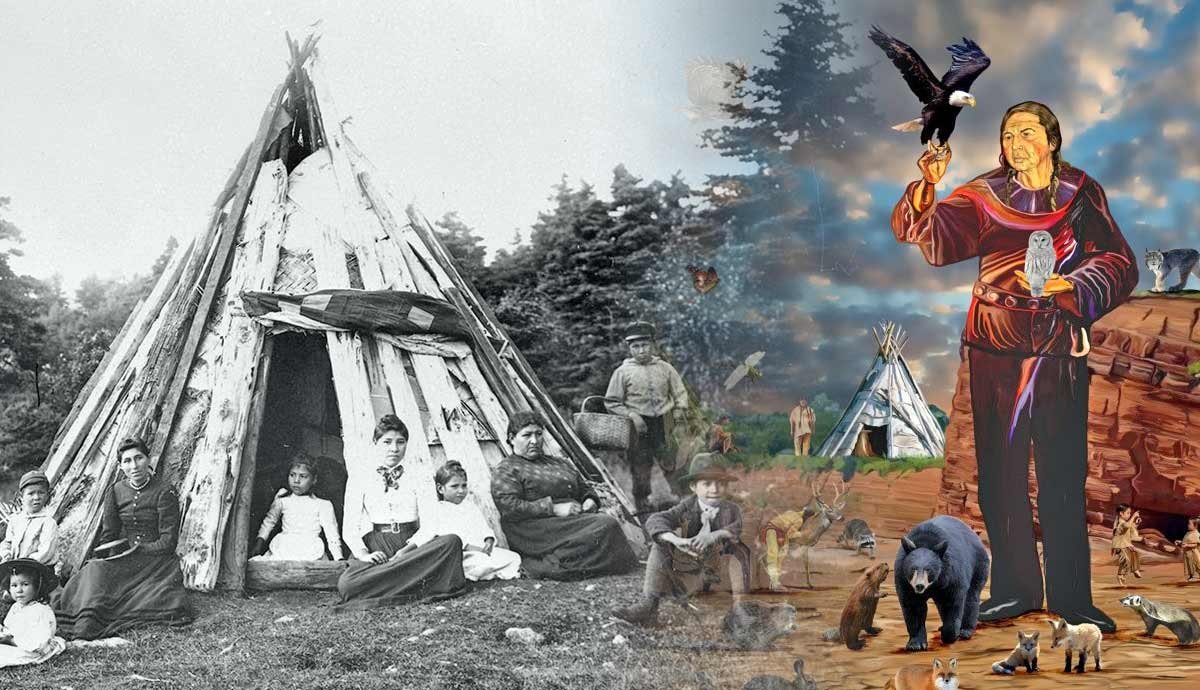Religion history profoundly shaped the trajectory of Atlantic nations in many lasting ways. From early colonization to post-independence governance, religious belief significantly influenced laws, education, and culture across borders. In fact, many regions used spiritual systems to justify authority and organize societies, while others saw religion spark resistance and unity. Moreover, missionaries often accompanied trade and conquest, leaving both physical and ideological imprints. As populations shifted, people blended traditions and consequently formed new identities. Therefore, by revisiting this aspect of the past, historians and scholars continue uncovering complex layers of influence tied to regional development and global interaction.
Religion History Drives Colonial Structures and Institutional Authority
Colonial powers primarily relied on religious institutions to legitimize conquest and control local populations. For example, churches became central to education and civil registration, positioning themselves as key intermediaries between rulers and communities. Consequently, religious leaders gained significant influence in shaping policy and public behavior. In several territories, foreign doctrines merged with or suppressed local belief systems. This fusion created new practices while often erasing indigenous traditions. However, some communities resisted by preserving their spiritual heritage. Over time, these tensions fueled independence movements and redefined cultural identity. Thus, modern historians analyze these institutions to better understand how authorities used religious power for governance and resistance alike.
Spiritual Movements Trigger Social Shifts and Cultural Dialogue
Throughout the Atlantic region, spiritual awakenings repeatedly influenced social change and public debate. Various religious revivals sparked education reforms, shifts in labor values, and debates over human rights. In particular, movements rooted in moral philosophy criticized slavery and inequality, inspiring political activism. Meanwhile, new forms of worship emerged from cultural blending, especially in areas shaped by migration and displacement. People formed unique identities by blending African, Indigenous, and European traditions. Today, scholars trace these patterns to understand how belief systems evolved with societal changes. As global interest in decolonizing history grows, researchers use religious influence as a vital lens into past power dynamics and cultural resilience.
